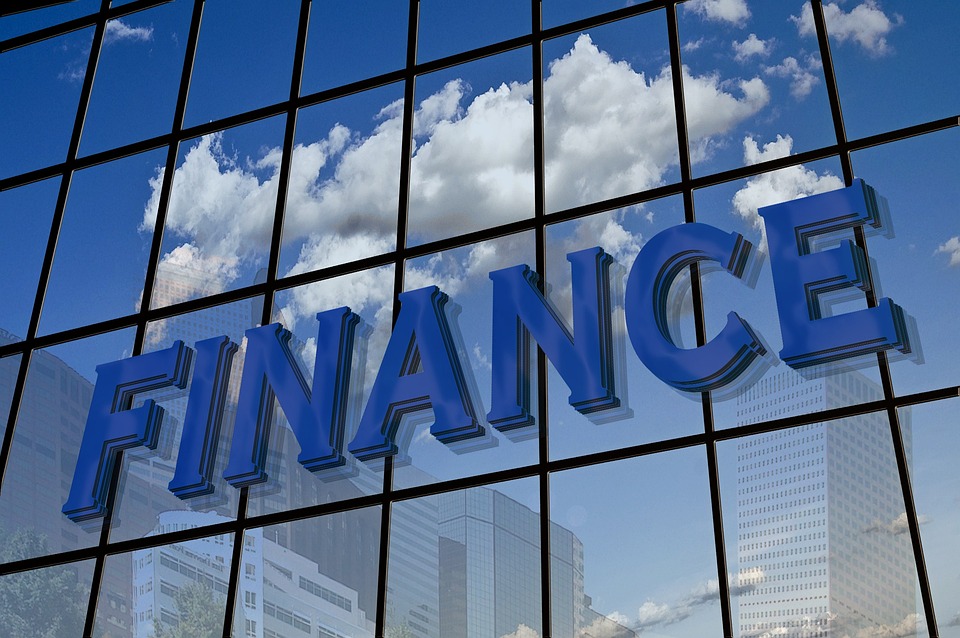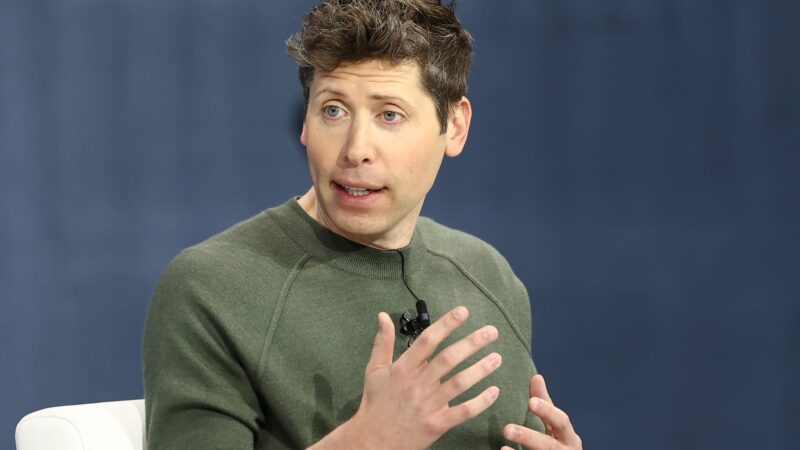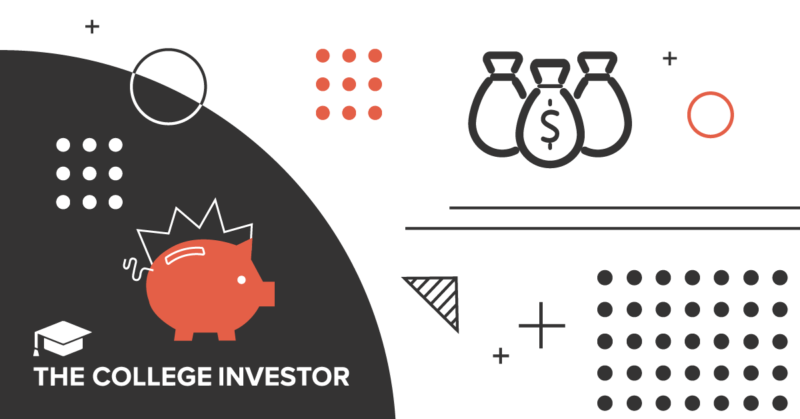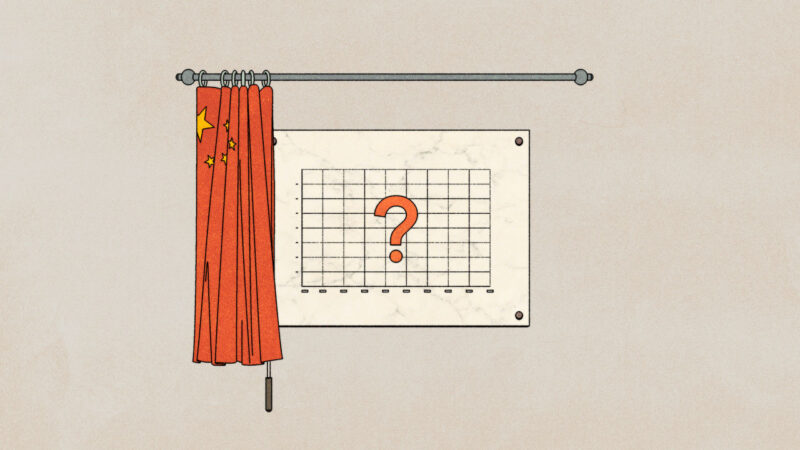
1. Create a Budget: The first step in paying off debt is to create a budget that outlines your income, expenses, and debt payments. By understanding where your money is going each month, you can identify areas where you can cut back and redirect funds towards paying off debt.
2. Prioritize High-Interest Debt: If you have multiple debts, such as credit card debt, student loans, and a car loan, it is essential to prioritize paying off high-interest debt first. By focusing on high-interest debt, you can save money on interest payments and pay off your debt more quickly.
3. Set Financial Goals: Setting financial goals can help motivate you to pay off debt and achieve financial freedom. Whether your goal is to pay off all your debt within a certain timeframe or save a certain amount of money each month, having a specific goal in mind can help you stay on track and focused.
4. Cut Back on Expenses: Cutting back on expenses is a crucial part of paying off debt. Look for areas where you can reduce spending, such as dining out less, canceling unused subscriptions, and finding more affordable options for everyday purchases. Redirect the money you save towards paying off debt.
5. Increase Your Income: In addition to cutting back on expenses, increasing your income can help you pay off debt more quickly. Consider taking on a part-time job, selling items you no longer need, or freelancing to bring in extra income that can be put towards your debt payments.
6. Use the Debt Snowball or Debt Avalanche Method: Two popular debt payoff strategies are the debt snowball and debt avalanche methods. With the debt snowball method, you pay off your smallest debt first and then roll that payment into the next smallest debt. With the debt avalanche method, you pay off your highest-interest debt first and then move on to the next highest-interest debt. Choose the method that works best for you and stick with it.
7. Consolidate or Refinance Debt: If you have multiple high-interest debts, consolidating or refinancing them into a single, lower-interest loan can save you money on interest payments and simplify your debt payoff plan. Look for options such as balance transfer credit cards, personal loans, or debt consolidation loans.
8. Seek Professional Help: If you are struggling to pay off debt on your own, consider seeking help from a financial advisor or credit counselor. They can help you create a personalized debt payoff plan and provide guidance on managing your finances.
9. Stay Motivated: Paying off debt can be a long and challenging process, so it is essential to stay motivated along the way. Celebrate small victories, track your progress, and remind yourself of the financial freedom that awaits once your debt is paid off.
FAQs:
Q: How long will it take to pay off my debt?
A: The time it takes to pay off debt depends on the amount of debt you have, your monthly payments, and your interest rates. By creating a budget and sticking to a debt payoff plan, you can reduce the time it takes to become debt-free.
Q: Should I prioritize paying off debt or saving for retirement?
A: It is essential to strike a balance between paying off debt and saving for retirement. While paying off high-interest debt should be a priority, it is also crucial to contribute to your retirement savings to ensure a secure financial future.
Q: What should I do if I fall behind on debt payments?
A: If you are struggling to make debt payments, contact your creditors to discuss a repayment plan or seek help from a credit counselor. Ignoring your debt will only make the situation worse, so it is essential to address it proactively.
In conclusion, paying off debt and achieving financial freedom requires dedication, discipline, and smart strategies. By creating a budget, prioritizing high-interest debt, cutting back on expenses, and staying motivated, you can take control of your finances and work towards a debt-free future. Remember, financial freedom is within reach with the right mindset and actions.






